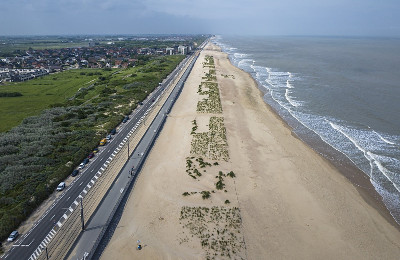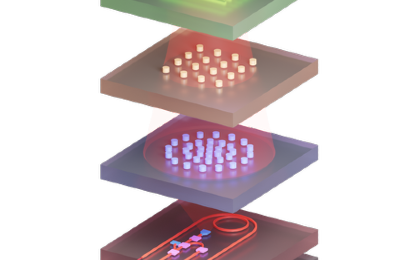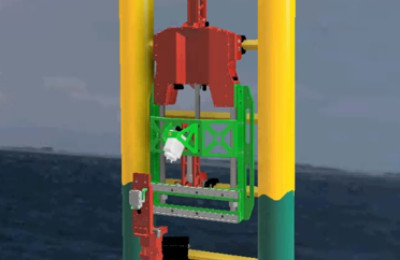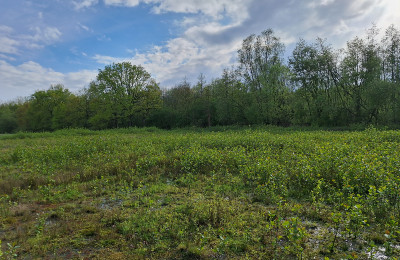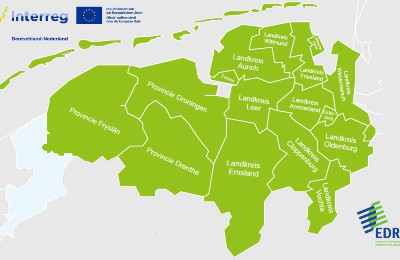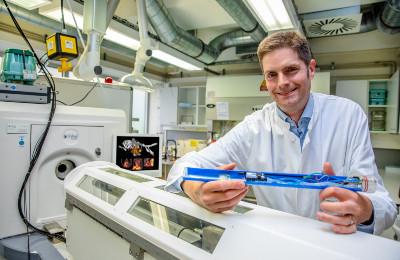Coastal protection under climate change: Innovative dune-dike solutions
Accelerating climate change and rising sea levels are exposing coastal regions to unprecedented threats. Traditional methods of coastal defence need to evolve to meet the challenges of the 21st century. This is where the dune-dike solution comes in: a hybrid, nature-based approach that combines natural dunes with artificial dikes to provide a resilient, adaptable and sustainable coastal defence.

